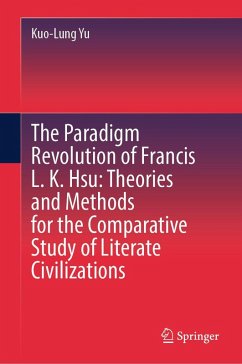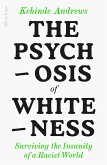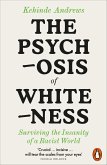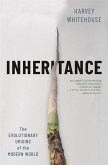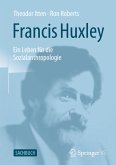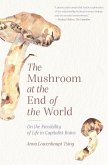This book is a groundbreaking theoretical work that redefines the epistemological foundations of the social sciences. From the perspective of a paradigm revolution, the author systematically explicates how Francis L. K. Hsu constructed a holistic framework that challenges the reductionist foundations of Western social science. Drawing from the standpoint of a marginal man, Hsu compares the civilizational structures of the United States, China, India, and Japan, analyzing the distinct patterns of interaction between social organization, cultural systems, and individual psychological behavior. He developed a theoretical framework that spans national communities, ethnic communities, and political communities. This approach not only breaks away from Western-centric epistemologies but has also laid the foundation for a globally emerging Civilizational Comparative Paradigm, now gaining broad attention and adoption across academic disciplines
Bitte wählen Sie Ihr Anliegen aus.
Rechnungen
Retourenschein anfordern
Bestellstatus
Storno

